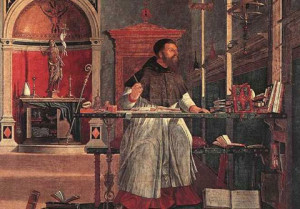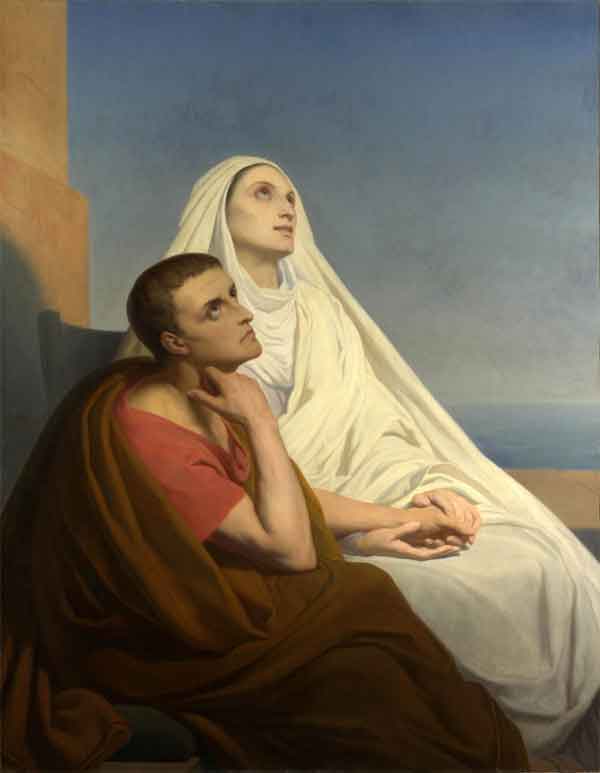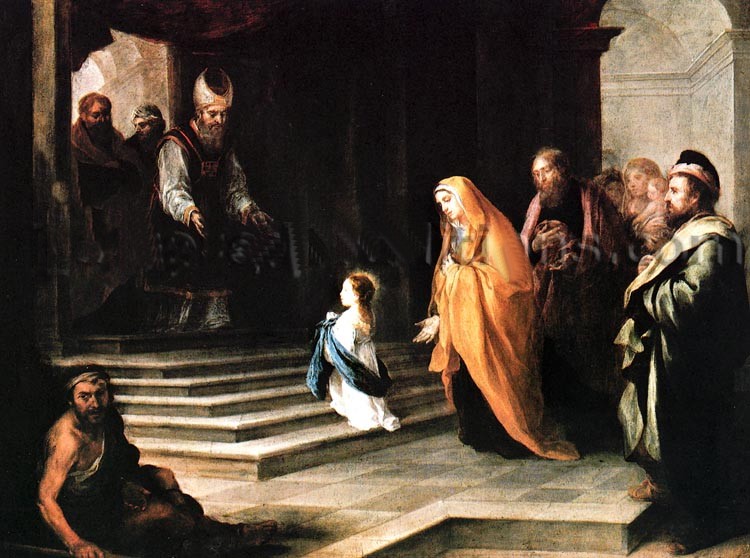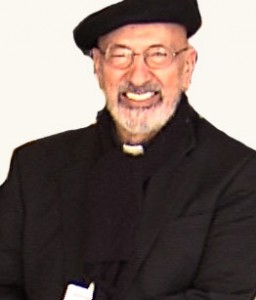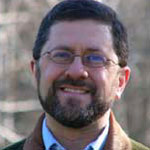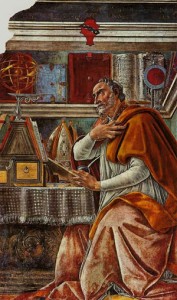Podcast: Play in new window | Download (Duration: 4:40 — 8.5MB) | Embed
Subscribe: Apple Podcasts | Spotify | Amazon Music | Android | Pandora | iHeartRadio | JioSaavn | Podchaser | Gaana | Podcast Index | Email | TuneIn | Deezer | Anghami | RSS | More
From the Confessions of St. Augustine, bishop
(Lib. 7,10,18; 10,27: CSEL 33,157-163,255)
O eternal truth, true love, and beloved eternity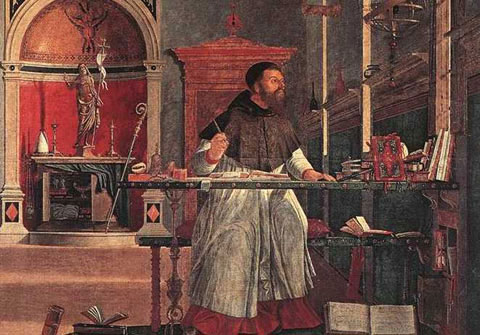
Urged to reflect upon myself, I entered under your guidance into the inmost depth of my soul. I was able to do so because you were my helper. On entering into myself I saw, as it were with the eye of the soul, what was beyond the eye of the soul, beyond my spirit: your immutable light. It was not the ordinary light perceptible to all flesh, nor was it merely something of greater magnitude but still essentially akin, shining more clearly and diffusing itself everywhere by its intensity. No, it was something entirely distinct, something altogether different from all these things; and it did not rest above my mind as oil on the surface of water, nor was it above me as heaven is above the earth. This light was above me because it had made me; I was below it because I was created by it. He who has come to know the truth knows this light.
O Eternal truth, true love and beloved eternity. You are my God. To you do I sigh day and night. When I first came to know you, you drew me to yourself so that I might see that there were things for me to see, but that I myself was not yet ready to see them. Meanwhile you overcame the weakness of my vision, sending forth most strongly the beams of your light, and I trembled at once with love and dread. I learned that I was in a region unlike yours and far distant from you, and I thought I heard your voice from on high: “I am the food of grown men; grow then, and you will feed on me. Nor will you change me into yourself like bodily food, but you will be changed into me.”
I sought a way to gain the strength which I needed to enjoy you. But I did not find it until I embraced the mediator between God and men, the man Christ Jesus, who is above all, God blessed for ever. He was calling me and saying: I am the way of truth, I am the life. He was offering the food which I lacked the strength to take, the food he had mingled with our flesh. For the Word became flesh, that your wisdom, by which you created all things, might provide milk for us children.
Late have I loved you, O Beauty ever ancient, ever new, late have I loved you! You were within me, but I was outside, and it was there that I searched for you. In my unloveliness I plunged into the lovely things which you created. You were with me, but I was not with you. Created things kept me from you; yet if they had not been in you they would not have been at all. You called, you shouted, and you broke through my deafness. You flashed, you shone, and you dispelled my blindness. You breathed your fragrance on me; I drew in breath and now I pant for you. I have tasted you, now I hunger and thirst for more. You touched me, and I burned for your peace.
Excerpts from the English translation of The Liturgy of the Hours (Four Volumes) © 1974, International Commission on English in the Liturgy Corporation. All rights reserved.

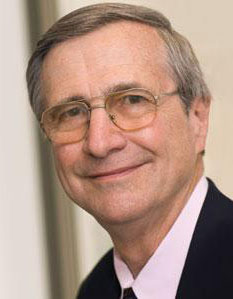
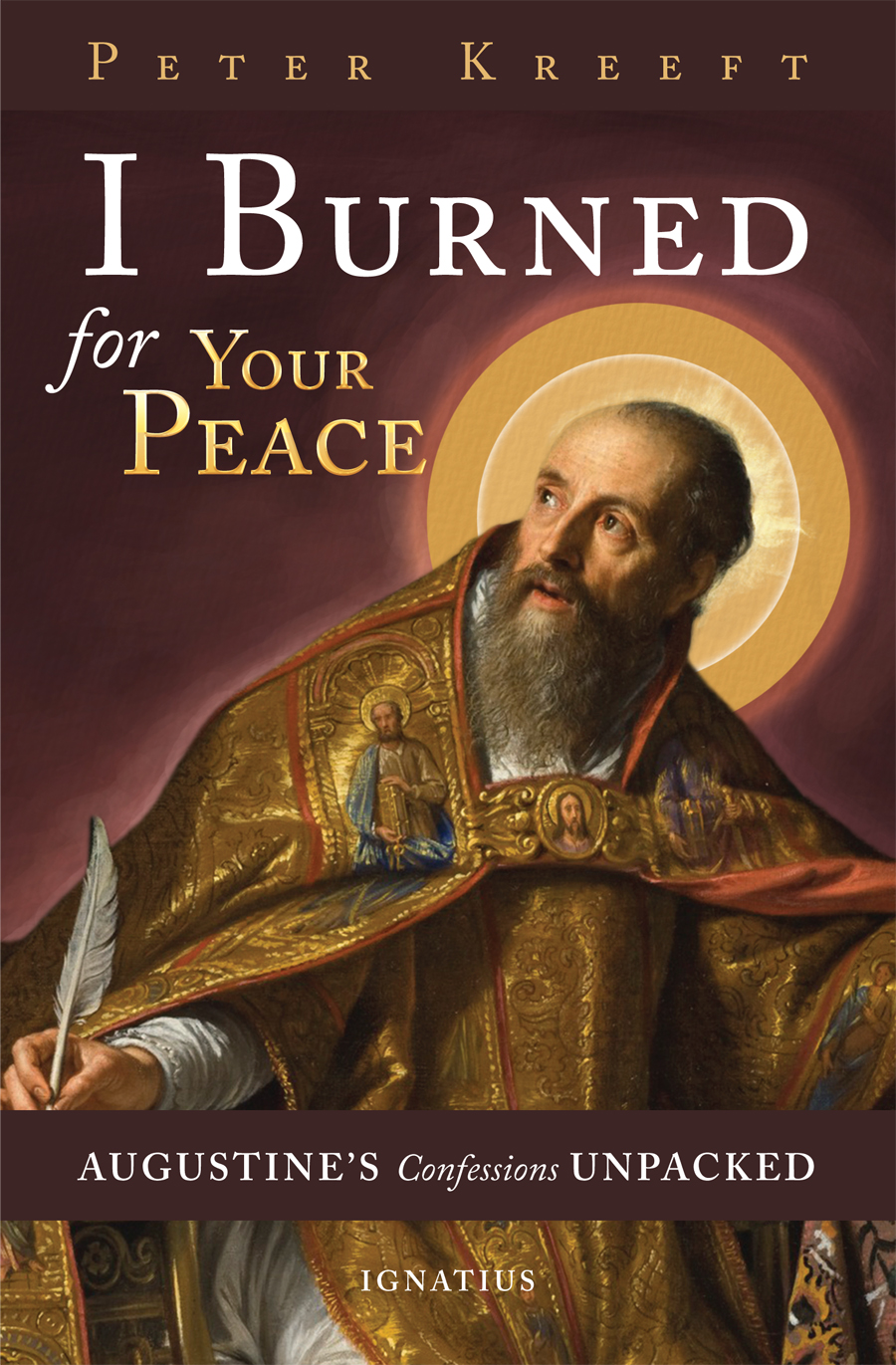
 Dr. Matthew Bunson discusses the life, times and teachings of St. Augustine of Hippo (part 2)
Dr. Matthew Bunson discusses the life, times and teachings of St. Augustine of Hippo (part 2)